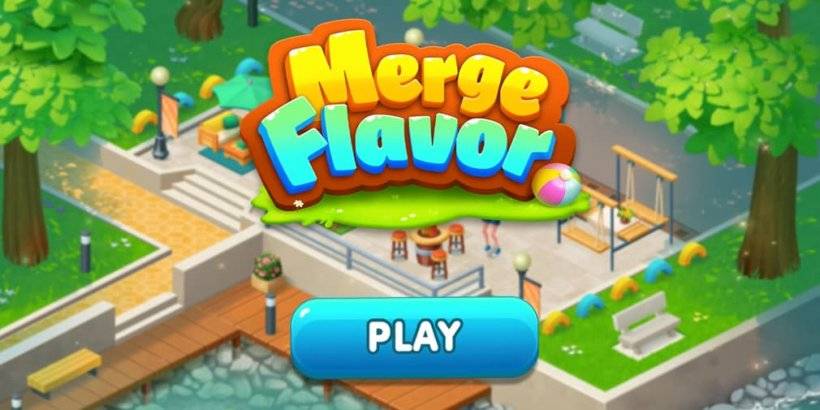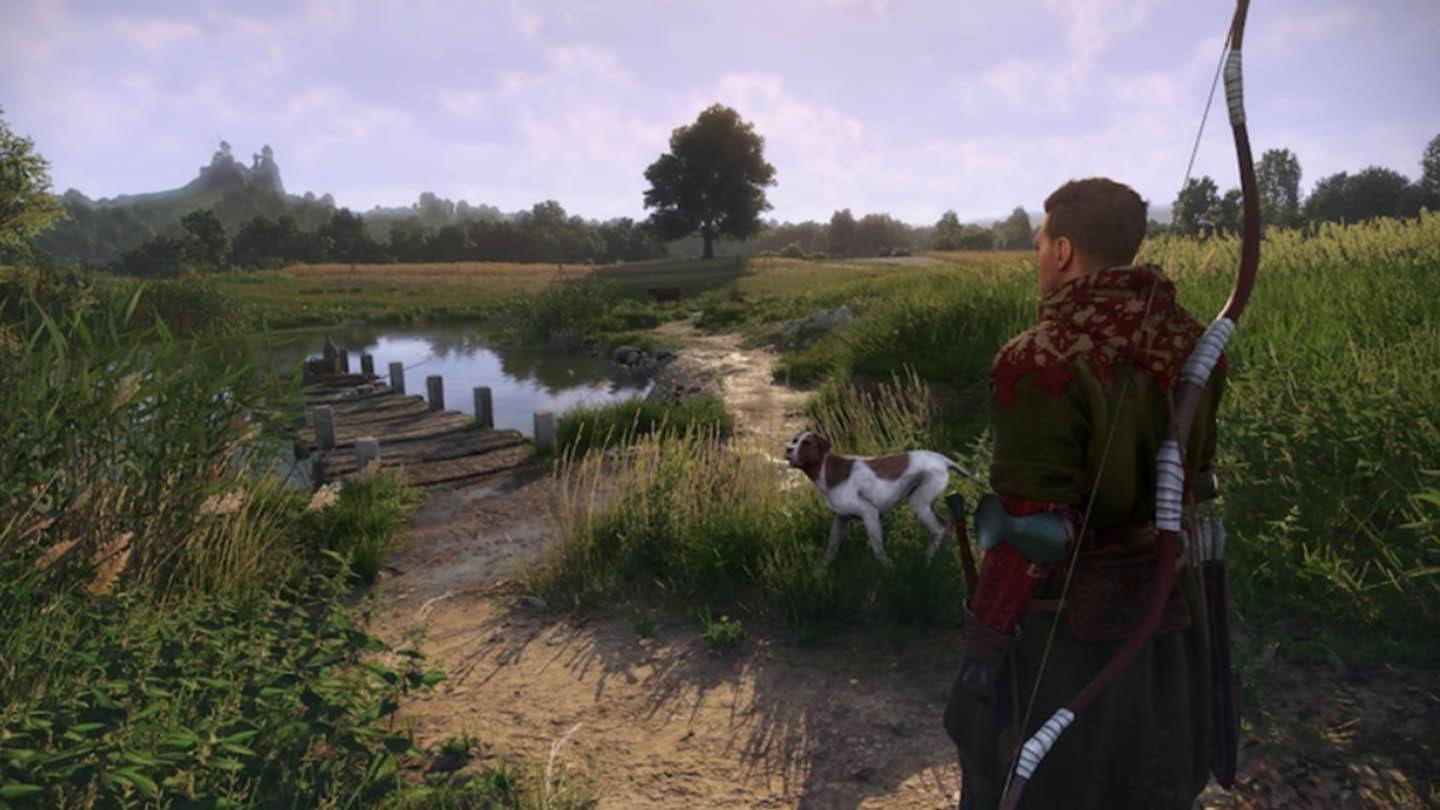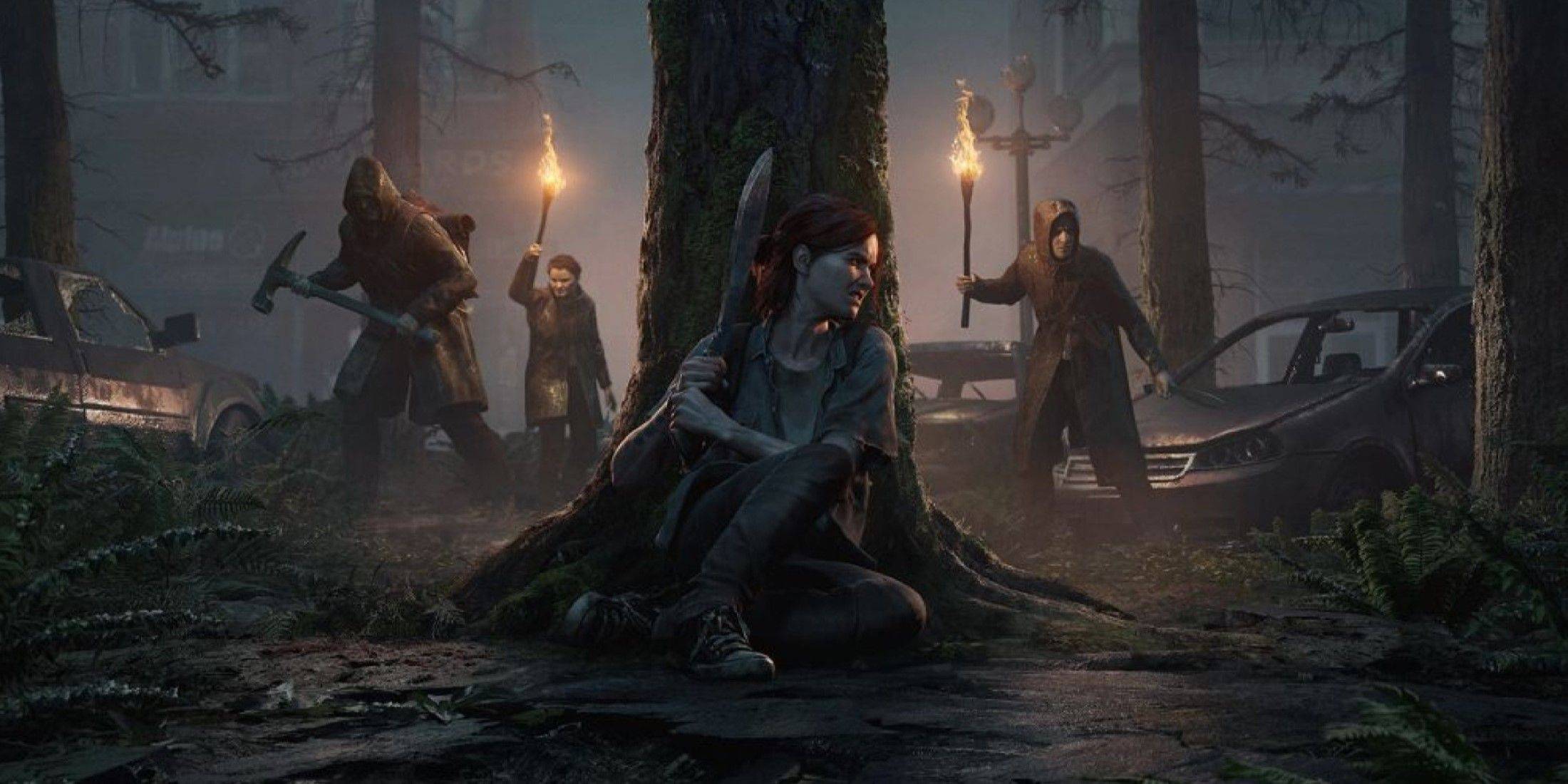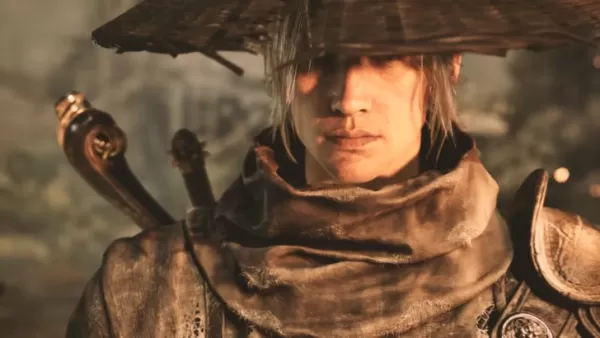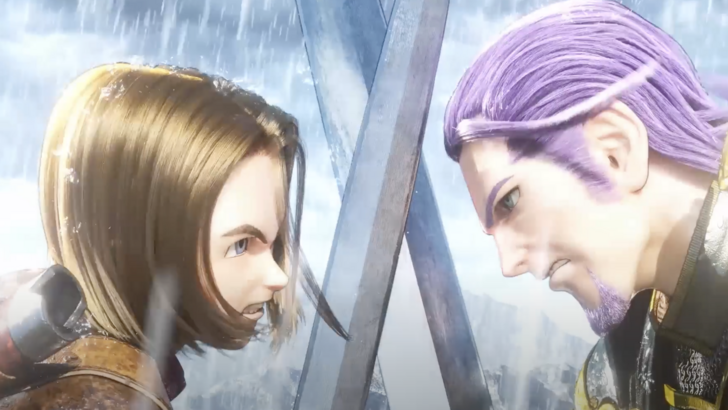"Resident Evil 2 and 4 Remakes: A Daunting Development Journey"
- By David
- May 15,2025
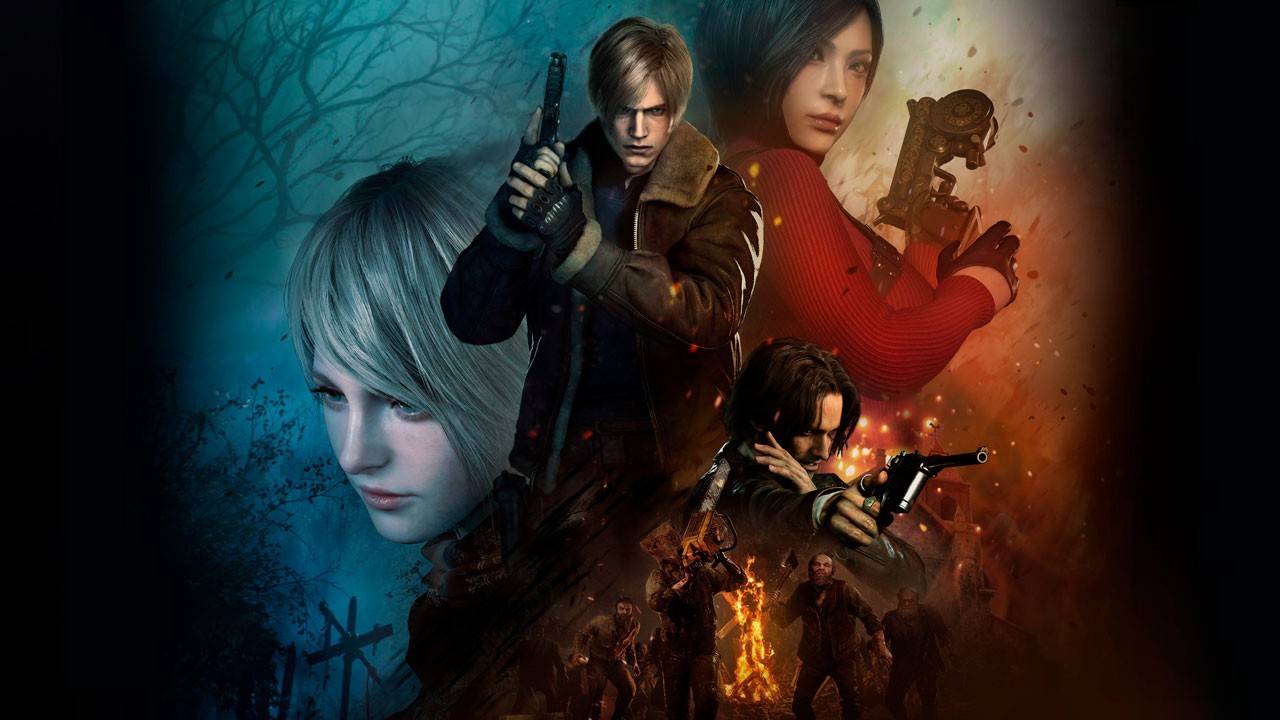
Yasuhiro Anpo, the director behind the acclaimed remakes of Resident Evil 2 and Resident Evil 4, shed light on the journey that led to the revival of these classic titles. Anpo disclosed that the decision to update Resident Evil 2 stemmed from the palpable enthusiasm of fans eager to see the 1998 cult classic restored to its former glory. As Anpo succinctly put it, "We realized: people really want this to happen." This realization prompted producer Hirabayashi to respond decisively with, "Alright, we'll do it."
Initially, the team contemplated beginning with Resident Evil 4. Yet, after thorough deliberation, they recognized that the game, lauded extensively since its release, was still viewed as nearly perfect. The risk of altering such a revered title was too high. Consequently, they shifted their focus to an older installment that required significant modernization. In their quest to meet fan expectations, the developers also delved into fan projects to gain insights into what the community desired.
However, the decision to remake these games wasn't without its skeptics. Even after the successful launches of the Resident Evil 2 and Resident Evil 3 remakes, and the subsequent announcement of the Resident Evil 4 remake, some fans voiced concerns. They argued that Resident Evil 4, unlike its earlier counterparts, did not necessitate an update to the same degree.
While Resident Evil 2 and Resident Evil 3, originally released on the PlayStation in the 1990s, featured outdated mechanics like fixed camera angles and cumbersome controls, Resident Evil 4 had revolutionized the genre upon its 2005 debut. Despite the initial reservations, the Resident Evil 4 remake successfully captured the essence of the original while enhancing gameplay and narrative elements significantly.
The commercial triumph and favorable critical acclaim of the remakes validated Capcom's approach, demonstrating that even a game deemed nearly flawless could be reimagined with reverence for its origins and a fresh creative perspective.
Latest News
more >-
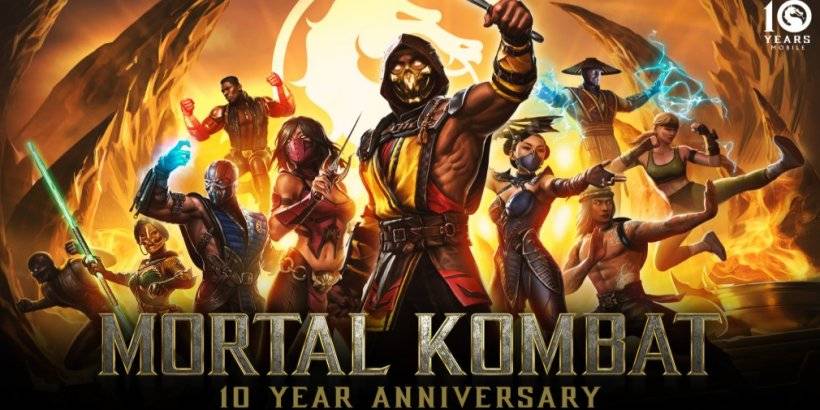
-
- Shalla-Bal Joins Fantastic Four as Silver Surfer
- Dec 21,2025
-

-
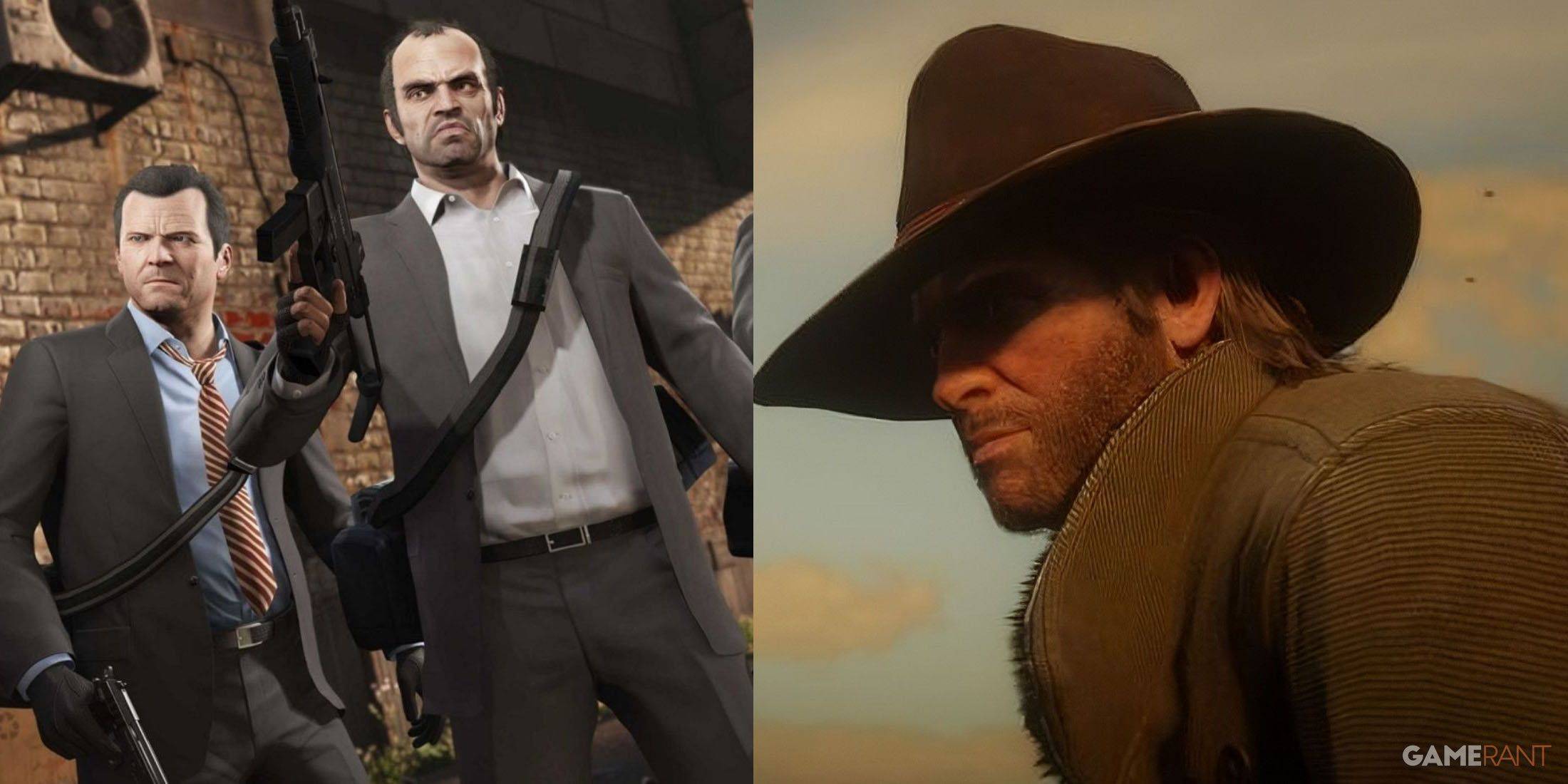
- Red Dead 2, GTA 5 Sales Stay Strong
- Dec 21,2025
-
